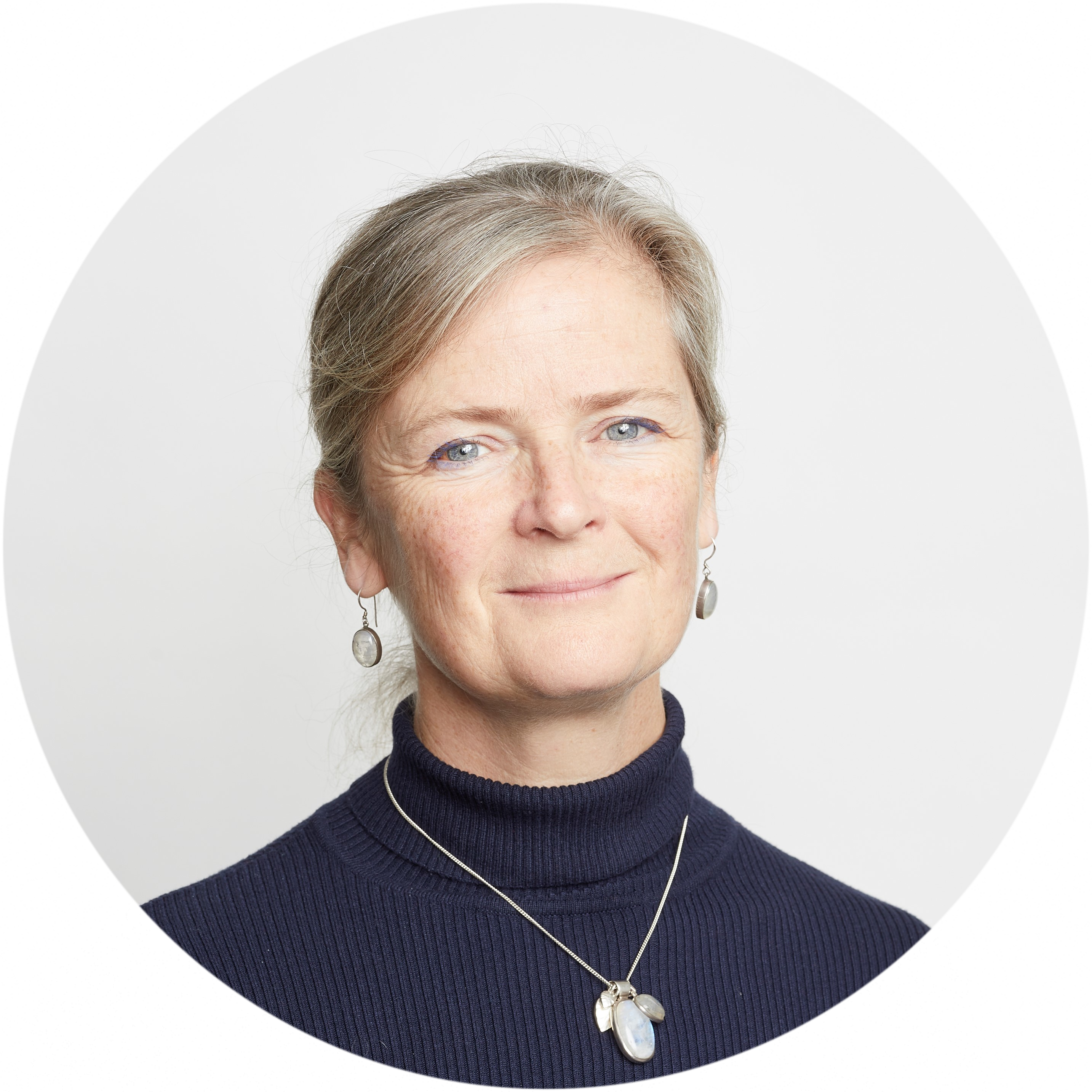THE RISE OF ESG

Sally Bridgeland
Chair
Impax Asset Management
”Progressive, long-term investors no longer believe in a sharp distinction between financial and non-financial factors.
Anything can have a financial impact, even if you don’t know how to value or count it.”
I’ve been interested in ESG since before the abbreviation was invented. The Green Consumer Guide was the first book that I read after qualifying as an actuary in 1989.
The 1995 Pensions Act introduced socially responsible investing into the lexicon and the regulations for pension funds’ statements of investment principles. In 2003 we coined the phrase “responsible investment” for the USS/Hewitt (now Aon) competition for pension fund investment innovation “as if the long term really mattered”. ESG appeared not long after, but the three little words of environment, social and governance never had equal treatment.
First came G for governance. Corporate scandals, disasters and insolvencies drew attention to the ills of poor governance. Ineffective separation of duties and insufficient oversight gave too much latitude to badly-behaved executives. The financial crisis pointed to short-termism, groupthink and inadequate knowledge and understanding around the board table.
In an investment world always seeking evidence and focused on data, bad governance was to blame. In contrast, good governance meant good business, the protection of shareholder interests and investment returns. Translated into rules and codes for independence and a greater exercise of voting rights, the early steps towards ESG were taken by asset owners and those in the stewardship ecosystem.
Fast forwarding to now, the focus is on climate change. The latest addition by law to pension funds’ statements of investment principles, driven by political imperatives and a passion to live up to national commitments in a global war against global warming. Climate science has moved from speculation to scenario testing.
Of course, climate is only one element of E, with water supply, agriculture and biodiversity set to follow. However, the UK legislation for asset owners has made a vital distinction between financial and non-financial factors. And, importantly, climate change was included in the “financial” box. Money talks, and data is its language. Coupled with TCFD requirements on carbon disclosures there’s no going back.
But there’s still more to do. Progressive, long-term investors no longer believe in a sharp distinction between financial and non-financial factors. Anything can have a financial impact, even if you don’t know how to value or count it. In the spectrum of capital which admits ESG as a way of managing and reducing risk, and increasing long term returns, a win-win is possible: you can create a better outcome for pension fund beneficiaries as well as improving the financial returns.
The argument that being “good” costs shareholders money and is bad business is flawed. What may have been an “externality” in 1989, irrelevant to the company’s share price, is part of our big data on a company. The taxonomy may not be well-defined and metrics imperfect, but reputation and good citizenship matters. Bad corporate behaviour towards any stakeholder is noticed, admonished and penalised.
Looking to the future, I believe this means that S will come of age. It requires us all to be deliberate amateurs, without data or evidence and simply thinking hard about what being a good company will mean in 2030 and beyond. Diversity, employee wellbeing, access for vulnerable customers and mental health are boardroom agenda items today. How will these play out? What will success and failure look like?
With flexible workforces less bound by final salary pensions and prestigious offices, and digital customers better informed about competing products, relationships will matter more. Companies which are demonstrably on the same side as their workforce and customers and are a trusted part of society may thrive.
And, call me an optimist, but pension funds may also think harder about the needs of those in older age when investing for their future. They may invest as if the beneficiaries really do matter, too.
You can hear more from Sally at the Women Asset Management Virtual Summit on 23rd February 2021. You can view the full agenda and register for your free place here.

